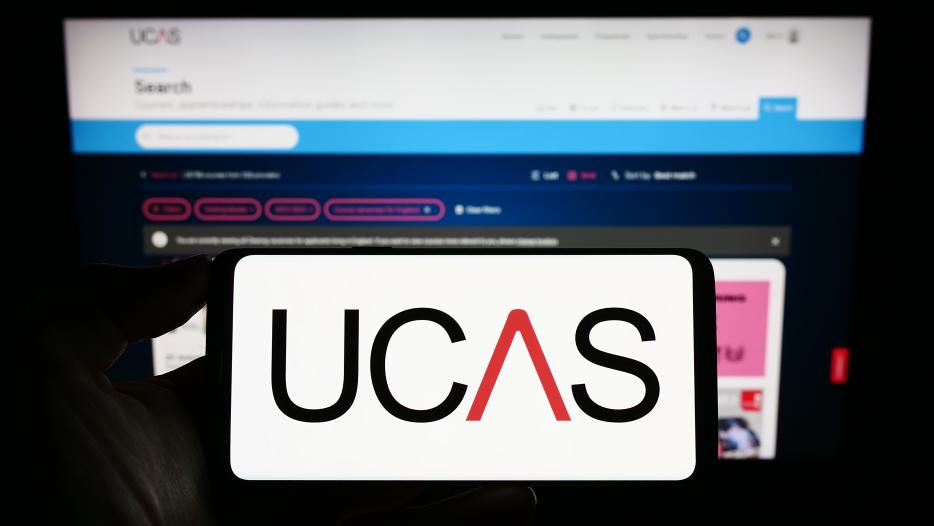
How Long Until I Hear from Universities? UCAS after January 31st
Whether you submitted early or you only recently clicked that 'submit' button on your UCAS application, it’s exciting knowing you're inching closer to the realm of lectures, seminars, and newfound independence come September.
But after hitting send on your UCAS application in January, what exactly awaits you in the upcoming eight months?
As expert UK university admission consultants, we go through the stages of a prospective student's life cycle in this blog, from awaiting those pivotal university offers to navigating through exam results and exploring options like clearing and UCAS Extra.
Your Timeline for Hearing from Universities
January–March: Anticipation for University Offers
All applications received by universities before the January 31, 2024, UCAS deadline are treated equally, irrespective of when you submitted them. (Note: A handful of courses had an earlier deadline of October 16, 2023, including medicine, dentistry, veterinary science, and the Universities of Oxford and Cambridge.)
Typically, universities begin reviewing applications as soon as they come in, even before the January deadline. So, some early birds might already find themselves holding offers from certain universities.
For those applying after the deadline, there's no need to panic. What truly matters is making the right choice. Many courses will still have vacancies even after the deadline has passed.
Universities will respond with their decisions or perhaps an invitation for an interview. This notification usually comes within a couple of weeks, although sometimes, it may take longer, depending on the volume of applications the admissions tutors are sifting through.
Some universities might not commence processing applications until after the January deadline, so don't fret if you haven't heard back yet. The final deadline for decisions on applications received by the deadline is June 30, 2024. Beyond this, any pending applications automatically slide into UCAS Clearing.
Offers could be conditional, contingent upon achieving specific grades, or unconditional, offering you a place regardless of your final grades or because you’ve already achieved them.
For those who need more options, UCAS Extra, which opened on February 28, 2024, provides an avenue to apply to additional universities if all five choices have been exhausted and no offers have materialised.
January–March: The Interview Stage
Though not too common, some courses at select universities may require an interview before reaching a decision. If you're summoned for an interview, it'll reflect in your UCAS Track, specifying the date and time.
Preparation is paramount if you're facing an interview. Treat it as a chance to showcase your passion for the subject and inquire about the university to gauge if it resonates with your aspirations. Our expert consultants at William Clarence are well-placed to provide interview preparation and practice.
For Oxford and Cambridge, interviews usually occur in December, giving applicants less time to prepare. If you're thinking about applying for either of these, speak to one of our Oxbridge admissions consultants.
February–May: Decision Time
With university offers in hand, it's time to decide. You must select your firm choice - your top preference - along with an insurance choice, serving as a backup in case you miss the requirements of your firm offer.
If you receive an unconditional offer and opt to accept it, you secure a guaranteed spot on that course.
UCAS sets a deadline for responding to offers. You reply to all offers simultaneously, including rejecting any offers not chosen as firm or insurance. This window is also an opportune time for attending open days, to help you in your decision-making.
July–August: Facing Exam Results
Results day varies depending on your qualifications. For instance, International Baccalaureate results are unveiled on July 5, 2024, Scottish Highers on August 6, 2024, and A-level Results Day will be August 15, 2024.
UCAS Track updates to reflect your acceptance status for your firm (or insurance) choice, typically coinciding with results release dates. In case you fall short of your initial course's requirements, your chosen university might propose an alternative. The decision to accept this offer rests entirely with you - however, your university admissions consultant will be able to provide guidance.
July–September: Clearing
If you don't hit the mark for your firm and insurance choices, don’t worry. Universities may still extend offers based on your performance and their available vacancies.
Clearing, operational from July to October, provides a chance to explore available courses post-results. Continuously updated vacancy lists on the UCAS website facilitate this search. If offered a place, you can add it as a "clearing choice" in UCAS Track.
Remember to conduct thorough research and remain proactive during Clearing. While it's a quicker process compared to the main cycle, exercising caution and considering offers carefully is essential.
Need further help and advice with your university application?
Throughout this journey, remember to seek help or advice whenever needed. Our consultants are here to support you as you embark on this exciting new chapter. As specialist UK university admissions consultants, we are renowned for our insightful counsel in all parts of university admission.
If you’d like to speak with one of our experts or if you have any questions about the university application process, book a consultation today.
Evelyn Pike is a leading higher education expert for William Clarence Education, who offers advice to domestic and international students on entrance to UK universities, including Oxford, Cambridge and medical schools.
